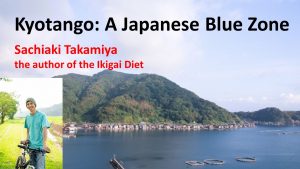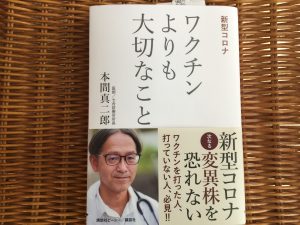Lunch to Lunch 24 Hours Fast
From Monday to Tuesday, I tried doing lunch to lunch 24 hours fast. Before I had done dinner to dinner 24 hours fast, but I thought it would work better for circadian rhythms.
For doing 17 hours fast, it wouldn’t affect so much whether to skip your breakfast or dinner, but for doing 24 hours fast where you eat only one meal a day, when to bring the fasting window makes a difference.
Since it is better for autophagy to be activated during your sleep, it is better to bring the fasting window during sleep. So, by skipping dinner and breakfast you can bring sleeping time in the middle of your fasting window.
I finished lunch at 1 pm on Monday, so it was already 10 hours after when I went to bed at 11 pm. I slept for 8 hours until 7 am on Tuesday, which means I woke up 18 hours after the meal. I could match the last hour of my sleep with autophagy on period.
It was actually easier than dinner to dinner 24 hours fast. I didn’t feel the hunger in the morning. It was just like a regular morning when I practice 17 hours fast. So, waiting until 1 pm was a piece of cake. When I do dinner to dinner 24 hours fast, the last 4 hours of the fasting window becomes tough, I get very hungry, but in the morning I didn’t have that hunger. It didn’t even feel like 24 hours fast, it felt like regular 17 hours fast.
As far as circadian rhythms are concerned, maybe it is better to skip dinner instead of breakfast when you practice 17 hours fast, too, but dinner is a family bonding time for most people, and you may want to prioritize it. Family bonding time is critical for your Ikigai, and it may be better for your wellness in the long run.
Because I practice 24 hours fasting only once a week, not having dinner with my family just one day wouldn’t affect our relationship so much. I will switch to doing lunch to lunch 24 hours fast from now on.
The Ikigai Diet: The Secret Japanese Diet to Health and Longevity
POD Paperback
https://www.amazon.com/gp/product/4991064864
Kindle
https://www.amazon.com/dp/B08JGB45HF

